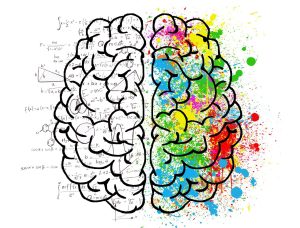Neurobiology Made Simple
Overview
Neurobiology can be defined as the study of the structure, development, and function of the nervous system. Social workers should view clients through a biopsychosocial spiritual lens, and some knowledge about neurobiology enhances one’s understanding of biological processes and systems. The brain is the command center of the body and controls all body functions and contains billions of nerve cells, with three major parts: cerebrum, cerebellum, and brainstem. Beyond these core structures, areas such as the limbic system and prefrontal cortex play critical roles in emotion regulation, memory, and decision-making. Neurotransmitters like serotonin, dopamine, and norepinephrine further shape mood, behavior, and mental health conditions.
This part will be organized in several chapters, as content is added.
Resources
The Social Work Podcast: Neurobiology for Social Work


